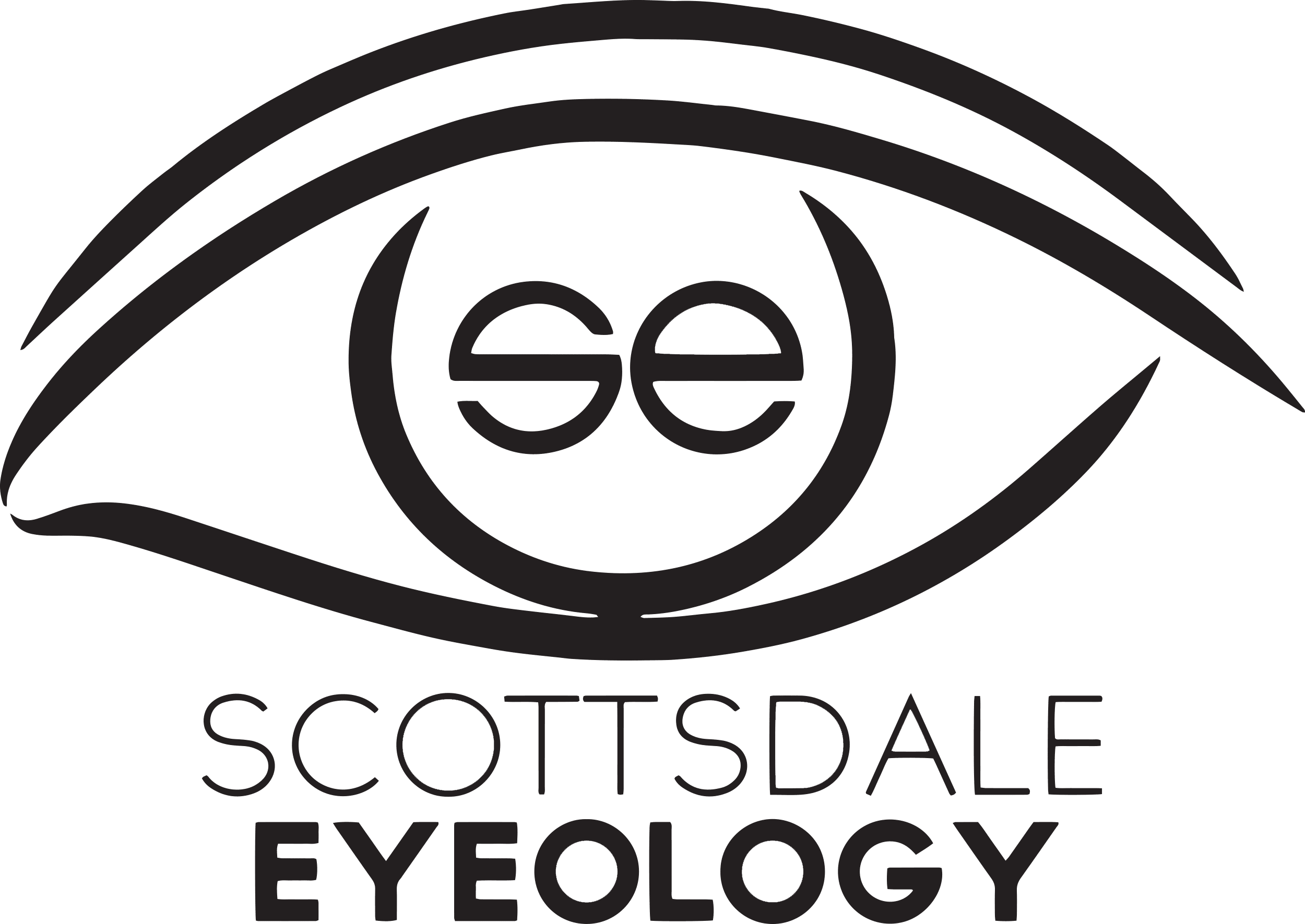Macular degeneration is a condition that causes deterioration of the macula within the eye. This can lead to vision loss and, in some cases, dizziness. If you experience this symptom, it’s important to seek treatment right away so you can get back on track with your treatment plan and start managing your symptoms.
What Is Macular Degeneration?
Macular degeneration is an age-related eye disease which affects the retina. It occurs when photoreceptors that are used for central vision become damaged by waste substances known as drusen deposits. The macula is located at the center of the retina and is responsible for providing clear central vision.
Symptoms of Macular Degeneration
The most common symptom of macular degeneration is gradual vision loss, specifically in the central field. Other symptoms include:
- Blurry or distorted vision
- Difficulty recognizing faces and colors
- Difficulty reading small print
- Straight lines appearing wavy or crooked
- Reduced contrast sensitivity
- Poor night vision
Can Macular Degeneration Cause Dizziness?
Although not often discussed, dizziness can be a symptom of macular degeneration. When the macula deteriorates, your visual system begins to work overtime to process any images that enter your eye. This can cause confusion and imbalance as well as other symptoms like nausea, headache, and lightheadedness.
If you’re experiencing any of these symptoms, it’s important to seek treatment right away. Early diagnosis and treatment is the best way to manage macular degeneration and preserve your vision.
Treatment for Macular Degeneration
There is no cure for macular degeneration, but there are treatment options available that can help slow the progression of the disease and improve symptoms. Treatment options include:
Dietary changes
Eating a diet rich in dark leafy greens, fatty fish, and antioxidants can help improve symptoms and slow the progression of macular degeneration.
Quitting smoking
Smoking is a major risk factor for macular degeneration. If you’re a smoker, quitting can help reduce your risk of developing the condition.
Exercise
Exercising regularly can help improve circulation to the retina and slow the progression of macular degeneration.
Low vision aids
There are a variety of low vision aids available that can help you manage your symptoms and make everyday tasks easier.
Surgery
In some cases, surgery may be recommended to repair or replace damaged parts of the eye.
Summary
Macular degeneration is an age-related eye disease which affects the retina and can cause gradual vision loss as well as dizziness and other symptoms. Early diagnosis and treatment are key to managing this condition and preserving your vision. Treatment options include dietary changes, quitting smoking, exercising regularly, using low-vision aids, and in some cases, surgery.
Macular degeneration is an age-related eye disease that affects the retina and can cause gradual vision loss as well as dizziness and other symptoms.
Yes, when the macula deteriorates it can create confusion and imbalance in the visual system leading to dizziness. It’s important to seek treatment right away if you’re experiencing this symptom.
Treatment options include dietary changes, quitting smoking, exercising regularly, using low-vision aids, and in some cases, surgery.


